What is vitamin C?
Benefits of Vitamin C in Skin Care
Which skin types benefit from vitamin C?
What is vitamin C?
Vitamin C is a valuable antioxidant that is widely used in natural cosmetics and is valued for its versatile skin benefits. It comes in various forms, including ascorbic acid and ascorbyl palmitate, and plays an important role in nourishing and protecting the skin. In natural cosmetics, vitamin C is often used in serums, creams, masks and other skin care products.
Effects of vitamin C in skin care:
Antioxidant protection: Vitamin C protects the skin from free radicals caused by UV radiation, pollution and stress. These free radicals can damage skin cells and lead to premature skin aging. As an antioxidant, vitamin C neutralizes these harmful molecules and prevents cell damage.
Promotes collagen production: Vitamin C is crucial for the synthesis of collagen, a structural protein that gives skin its strength and elasticity. As we age, collagen production decreases, which can lead to wrinkles and sagging skin. Vitamin C helps the skin renew its collagen structure, resulting in firmer and smoother skin.
Skin lightening and even skin tone: Vitamin C has the ability to lighten skin and reduce pigmentation (such as age spots or sun damage). It inhibits tyrosinase, an enzyme involved in the formation of melanin (the pigment that determines skin color). As a result, it can help promote an even skin tone and lighten dark spots.
Soothing skin: Vitamin C has anti-inflammatory properties that can help reduce skin redness and irritation. It is often used for sensitive skin or skin problems such as acne as it soothes the skin and helps reduce inflammation.
Moisturizing: When combined with other ingredients, vitamin C can also moisturize and hydrate the skin. It improves the skin barrier and ensures that moisture is retained in the skin for longer.
Benefits of Vitamin C in Skin Care
Vitamin C offers numerous benefits in natural cosmetics, making it one of the most popular and effective ingredients for skin care. Here are the most important benefits of vitamin C in natural cosmetics:
1. Antioxidant protection
Vitamin C is a powerful antioxidant that protects the skin from the damaging effects of free radicals. These unstable molecules are created by environmental factors such as UV radiation, air pollution and smoking and can damage skin cells, leading to premature aging. Vitamin C neutralizes these free radicals and protects the skin from damage.
2. Promote collagen production
Vitamin C plays a central role in collagen production - an essential protein responsible for the firmness and elasticity of the skin. As we age, collagen production decreases, leading to wrinkles and sagging skin. By supporting collagen synthesis, vitamin C helps to firm the skin and reduce the appearance of wrinkles.
3. Skin lightening and even complexion
Vitamin C can help brighten the complexion and reduce skin discoloration such as pigment spots, age spots or acne scars. It inhibits the activity of the enzyme tyrosinase, which is involved in the production of melanin - the pigment responsible for dark spots. This makes the skin more even and radiant.
4. Reduction of inflammation
Vitamin C has anti-inflammatory properties that can help reduce redness and irritation. It is therefore particularly beneficial for sensitive skin types and skin problems such as acne, rosacea or eczema. By soothing the skin, the overall complexion is improved.
5. Strengthening the skin barrier
Vitamin C helps strengthen the skin barrier by improving skin moisture levels. It promotes the formation of ceramides and other skin lipids that are crucial for maintaining skin moisture. This results in healthier, more elastic skin that is less prone to dryness and irritation.
6. Protection against UV damage
Although vitamin C does not provide complete UV protection, when combined with other sunscreens it can help protect the skin from the harmful effects of UV radiation. It reduces the inflammation and skin damage caused by sun exposure and can therefore help slow down the skin aging process.
7. Promoting wound healing
Vitamin C supports the healing of skin injuries, including minor cuts, scrapes and redness, by promoting the regeneration and repair of skin cells. It is also used in the treatment of scarring and in improving the appearance of scars.
8. Improve skin texture
By promoting collagen production and reducing inflammation, vitamin C contributes to a smoother, firmer skin texture. It helps improve skin texture, reducing fine lines, uneven skin, and irregular surfaces.
9. Moisturizing
Vitamin C promotes moisture retention in the skin because, in combination with other ingredients such as hyaluronic acid or plant oils, it supports the skin barrier. This keeps the skin hydrated for longer and feels softer and plumper.
Which skin types benefit from vitamin C?
1. Dull or uneven skin (for more radiance)
Vitamin C is known to brighten the complexion and reduce pigment disorders such as hyperpigmentation, sun spots or acne scars. People with pale or uneven skin tone can particularly benefit from the skin-lightening and skin-refining properties of vitamin C. It ensures that the skin looks fresher and more radiant.
Particularly beneficial for:
Light to medium skin types that tend to have irregular pigmentation.
People with sun-related skin discoloration or acne scars.
2. Mature skin (anti-aging effects)
Vitamin C stimulates collagen production, which strengthens skin structure and can reduce the appearance of fine lines and wrinkles. It helps to tighten the skin and maintain its firmness, which is especially important for mature skin. It also protects against oxidative stress and the associated skin aging.
Particularly beneficial for:
Mature skin from around 30 years of age, when collagen breakdown begins.
Skin that shows signs of wrinkles and sagging.
3. Oily and acne-prone skin
Vitamin C has anti-inflammatory properties that can help calm skin redness and irritation. For people with oily or acne-prone skin, vitamin C can help reduce inflammation and improve skin texture. It also has antibacterial properties and supports the healing process of existing blemishes and acne scars.
Particularly beneficial for:
Acne-prone skin as it can reduce inflammation and even out the skin's appearance.
Oily skin that is prone to blackheads or pimples, as vitamin C can regulate sebum production.
4. Sensitive skin
Although vitamin C in its pure form (ascorbic acid) can sometimes be irritating to sensitive skin, more stable forms such as ascorbyl palmitate or esters of vitamin C (such as ascorbyl tetraisopalmitate) are often gentler and better tolerated. Vitamin C can help reduce skin redness and inflammation, making it beneficial for sensitive skin types that are prone to irritation.
Particularly beneficial for:
Skin with redness, rosacea or irritated skin that can benefit from its soothing and anti-inflammatory properties.
Sensitive skin when vitamin C is used in milder, more stable formulations.
5. Dry skin
Vitamin C not only supports collagen production but also promotes moisture retention in the skin. For dry skin types that often suffer from moisture loss, vitamin C helps strengthen the skin barrier and retain moisture. It is often used in combination with other moisturizing ingredients such as hyaluronic acid or plant-based oils to soothe and nourish dry skin.
Particularly beneficial for:
Dry or dehydrated skin that can benefit from the moisturizing and skin-strengthening properties of vitamin C.
Skin that suffers from a weak skin barrier and needs additional care.
6. Sun-damaged skin
Vitamin C is a great protector against UV damage by neutralizing free radicals and protecting skin cells from the damaging effects of UV radiation. It also helps repair existing skin damage caused by the sun (such as sun spots and wrinkles) and promotes healing. If skin looks depleted or damaged after prolonged sun exposure, vitamin C can stimulate the regeneration process.
Particularly beneficial for:
Skin with sun damage or pigmentation disorders that can benefit from the regenerating and brightening properties of vitamin C.
People who spend a lot of time in the sun and want to protect their skin from UV-related stress.
Conclusion:
Vitamin C in natural cosmetics is a true all-rounder that protects the skin from damage, improves skin structure, stimulates collagen production and ensures a radiant complexion. It is particularly suitable for people who are looking for a natural solution for anti-aging, skin lightening and skin soothing. Regular use of vitamin C in skin care products can lead to a visible improvement in skin health and make it appear youthful and fresh.








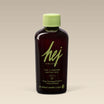


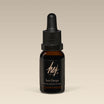

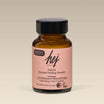














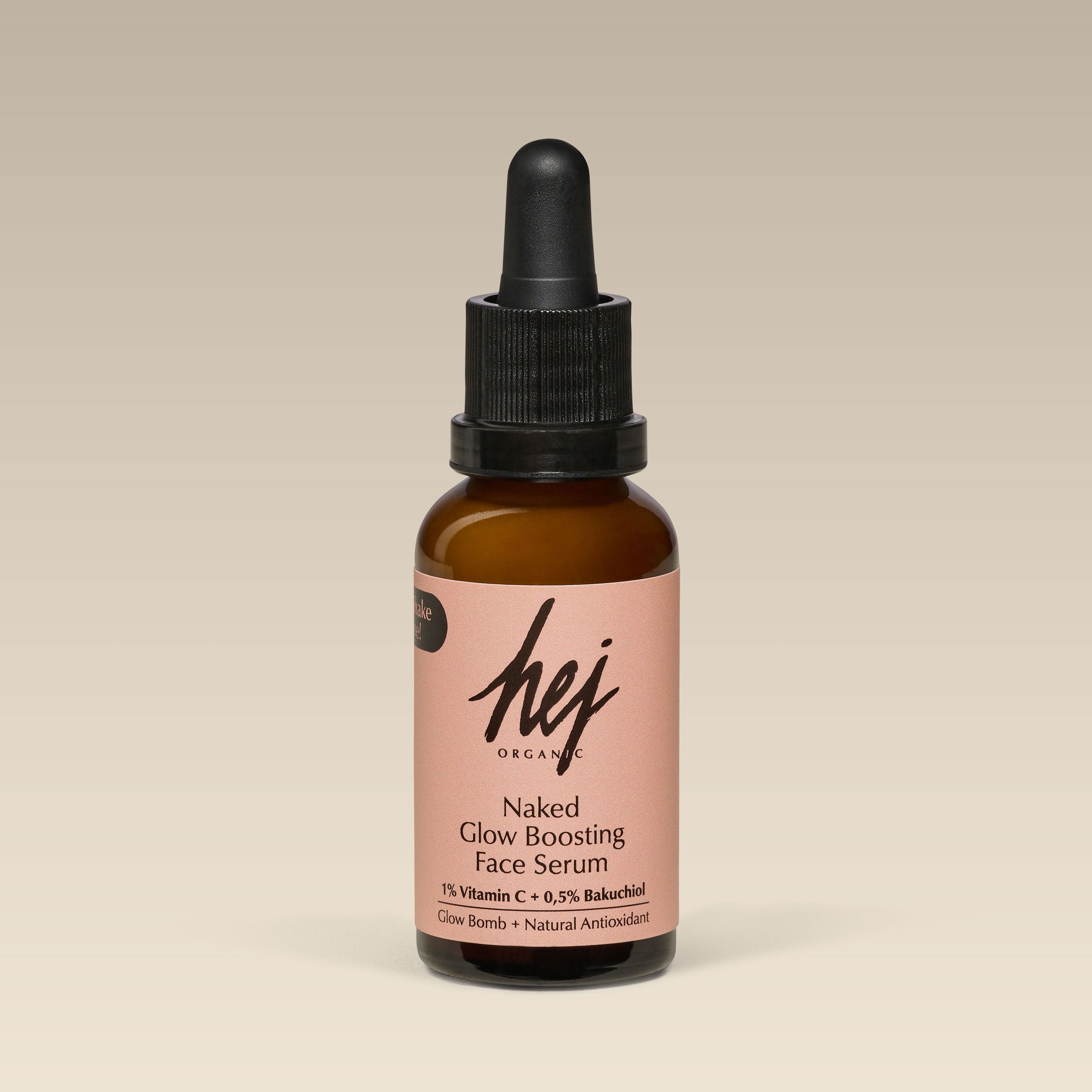
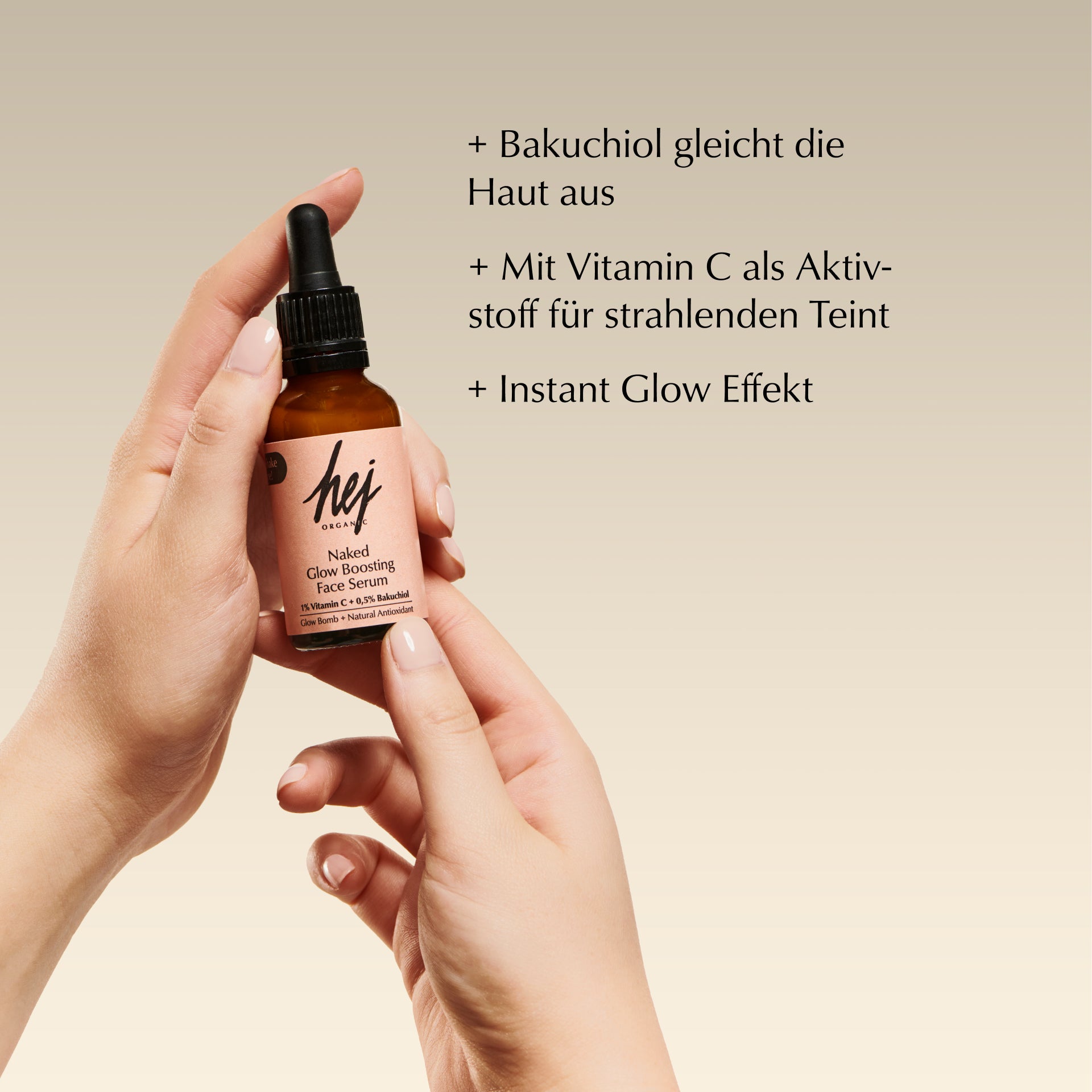
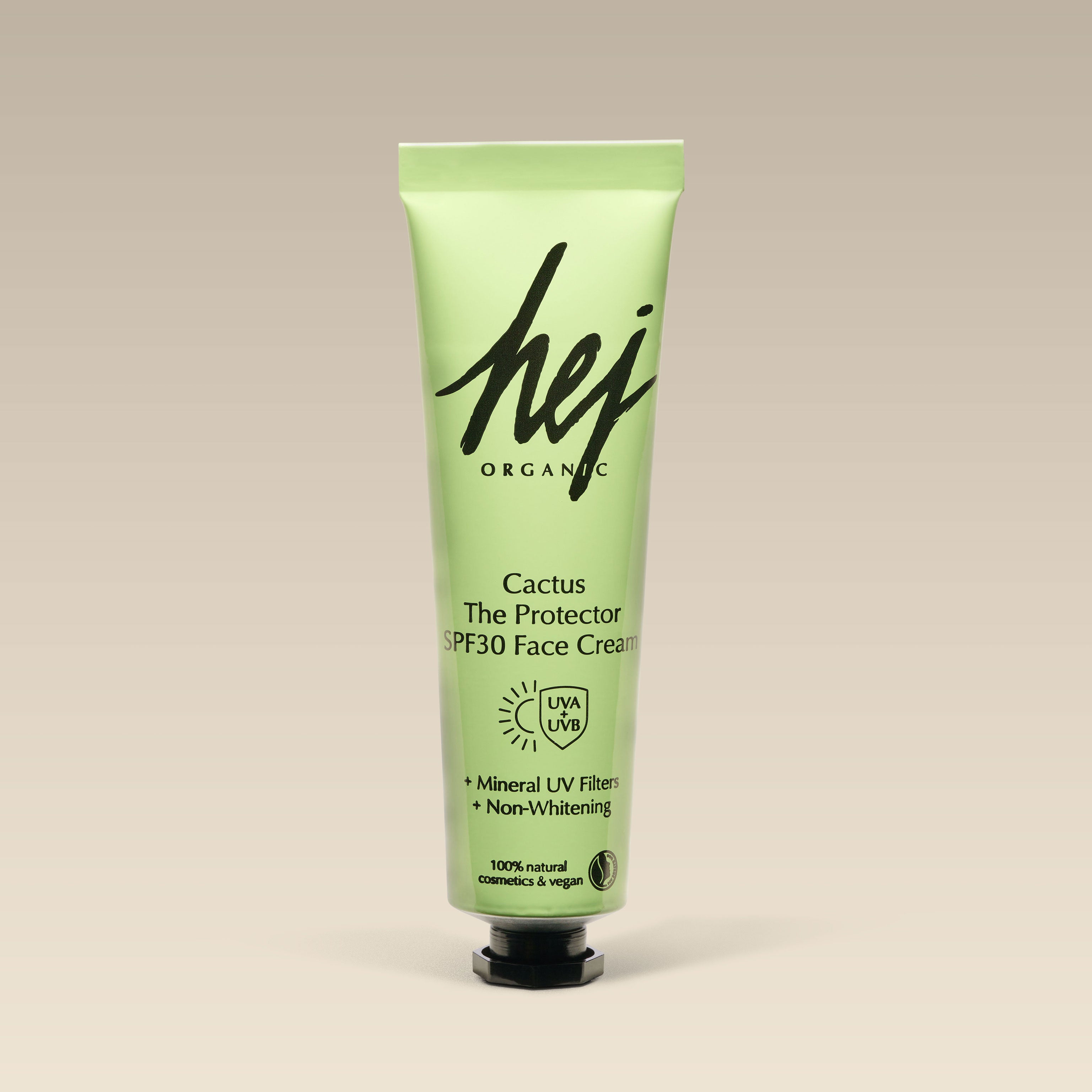


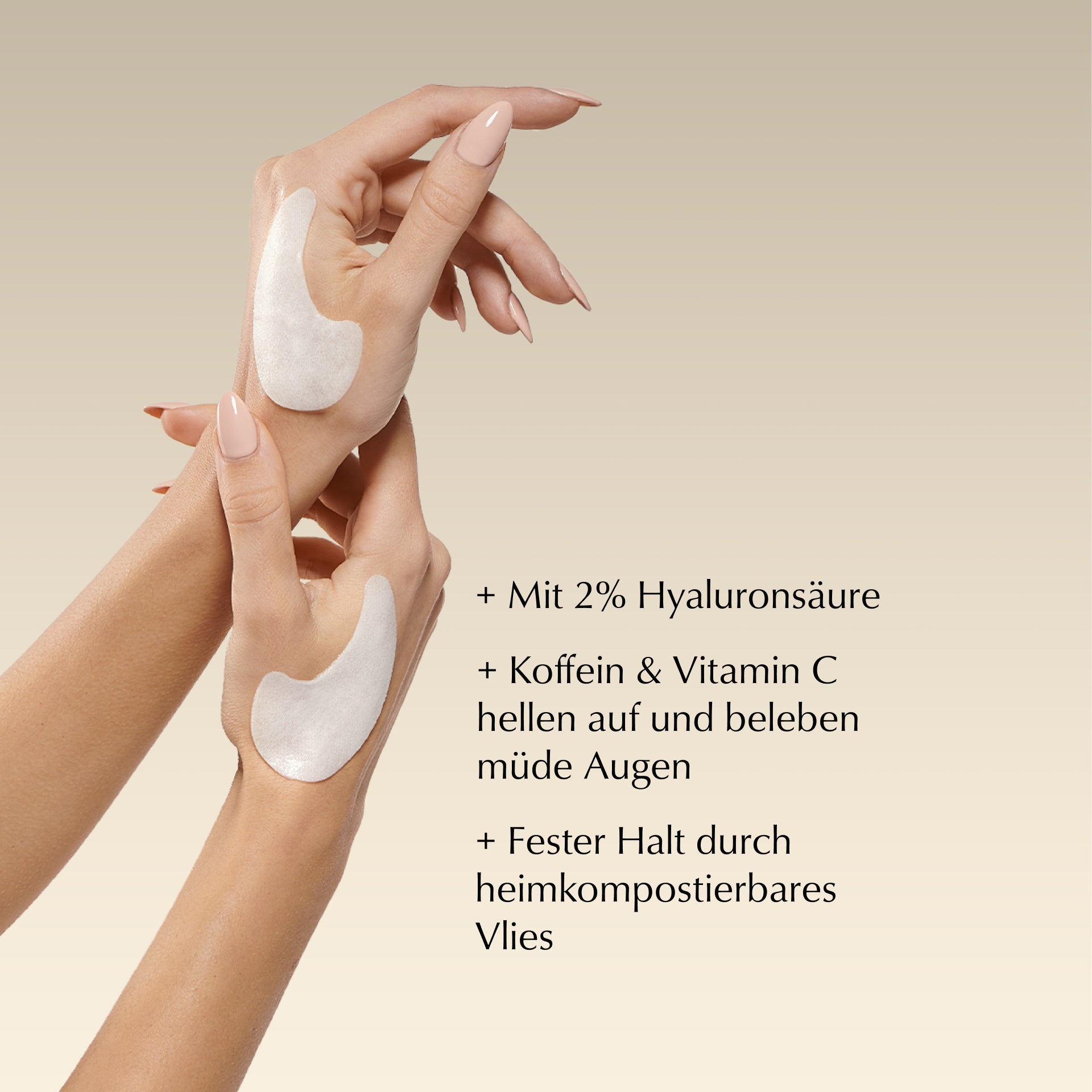
Leave a comment
This site is protected by hCaptcha and the hCaptcha Privacy Policy and Terms of Service apply.